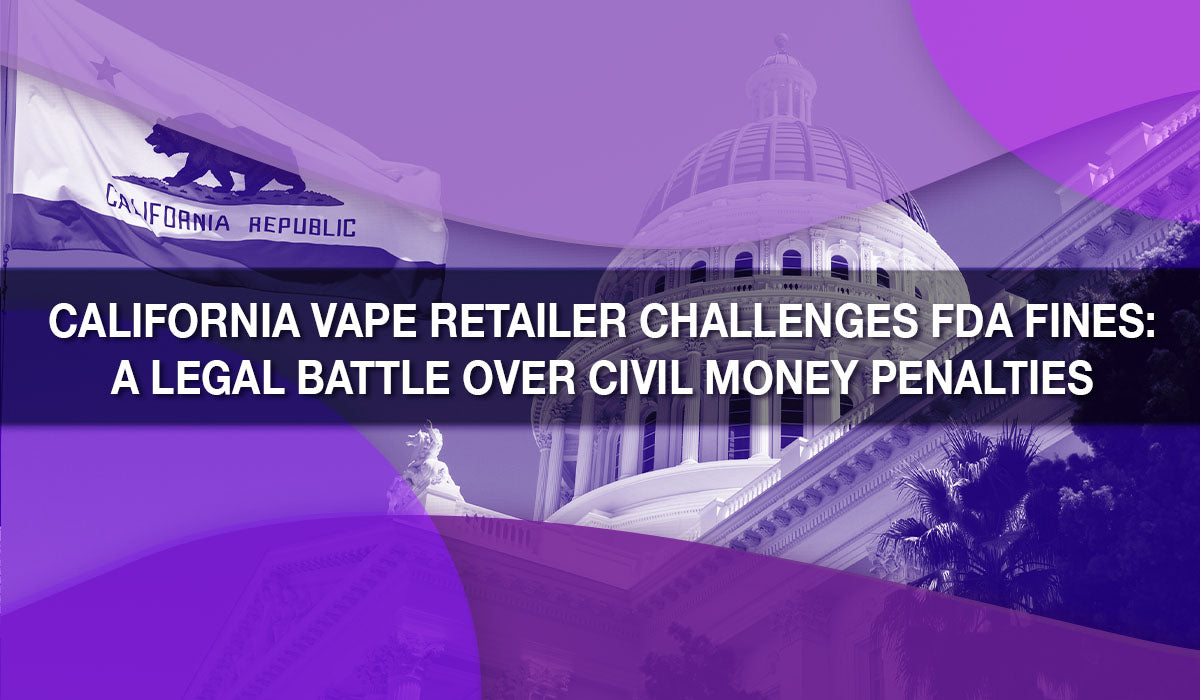
California Vape Retailer Challenges FDA Fines: A Legal Battle Over Civil Money Penalties
A significant legal challenge has emerged in the vaping industry as Huff and Puffers LLC, a California-based online vape retailer, filed a lawsuit against the FDA's Center for Tobacco Products. The lawsuit, submitted to the U.S. District Court for the Central District of California, questions the FDA’s authority to impose Civil Money Penalties (CMPs) through administrative proceedings. This case has the potential to reshape how federal agencies enforce penalties and regulate the vaping industry.
The Core of the Lawsuit: A Constitutional Challenge
Huff and Puffers LLC, located in Garden Grove, California, claims that the FDA’s imposition of CMPs without a jury trial violates their constitutional rights under the Seventh Amendment. This amendment guarantees the right to a jury trial in civil cases where penalties are punitive in nature, not compensatory.
The company’s challenge hinges on a recent Supreme Court decision in SEC v. Jarkesy, which found that the Securities and Exchange Commission (SEC) violated the Seventh Amendment by imposing punitive fines without a jury trial. The court ruled that such fines, designed to punish and deter, require the procedural safeguard of a jury trial. Huff and Puffers argues that the FDA’s CMPs fall under the same category of punitive actions and thus should follow the same legal standards.
FDA’s Enforcement and Selective Targeting?
The FDA notified Huff and Puffers in June 2024 that they would be fined $20,678 for selling vape products not authorized by the agency. The retailer argues that this action is a case of selective enforcement, pointing out that no Big Tobacco companies have received CMPs, despite some selling vaping products without FDA Marketing Granted Orders (MGOs). The lawsuit raises concerns about whether smaller retailers like Huff and Puffers are being unfairly targeted while larger corporations remain untouched.
This selective enforcement claim adds another layer to the legal battle, suggesting that smaller businesses are disproportionately impacted by the FDA’s current regulatory strategy, while Big Tobacco, with greater resources, is seemingly immune from similar actions.
FDA's CMP Process and the Cost of Compliance
Under current FDA regulations, CMPs are imposed by administrative law judges within the Department of Health and Human Services (HHS). The process includes internal appeals through the Civil Remedies Division, and if a company’s appeal is denied, only then can they take the matter to a federal appeals court.
The lawsuit argues that this process forces companies like Huff and Puffers to incur the significant financial burden of fighting the fines. Appealing a CMP in federal court often proves far more costly than simply paying the fine, which might dissuade businesses from challenging FDA penalties in the first place.
According to the FDA, companies facing CMPs have four options: they can pay the fine, settle, request an extension to file an answer, or file an answer and request a hearing. Many smaller retailers may find it less burdensome to pay or settle, but this lawsuit could open the door to broader challenges if Huff and Puffers prevails.
What’s Next: Potential Industry Impacts
The outcome of this case could have far-reaching implications for the vaping industry and other sectors regulated by federal agencies. If Huff and Puffers succeeds, the FDA—and potentially other federal bodies—may need to adjust their enforcement strategies, ensuring companies are afforded jury trials when penalties are punitive in nature.
Additionally, this case highlights the ongoing tension between public health agencies and the vaping industry. While the FDA’s mission is to protect public health by regulating tobacco products, this lawsuit raises questions about the fairness and constitutionality of its current approach, particularly toward smaller businesses.
Why This Case Matters
As the vaping industry continues to evolve, legal battles like this one shape the regulatory landscape for both small retailers and larger corporations. Huff and Puffers’ challenge could be the start of a larger conversation about the FDA’s role in regulating the vaping industry, the fairness of its enforcement practices, and the rights of companies under the U.S. Constitution.
With the U.S. Supreme Court’s recent decision in Jarkesy as a precedent, many will be watching closely to see how this case develops. Whether it leads to significant changes in FDA enforcement or remains a one-off challenge, the Huff and Puffers lawsuit is a pivotal moment in the ongoing battle over vaping regulation in the United States.


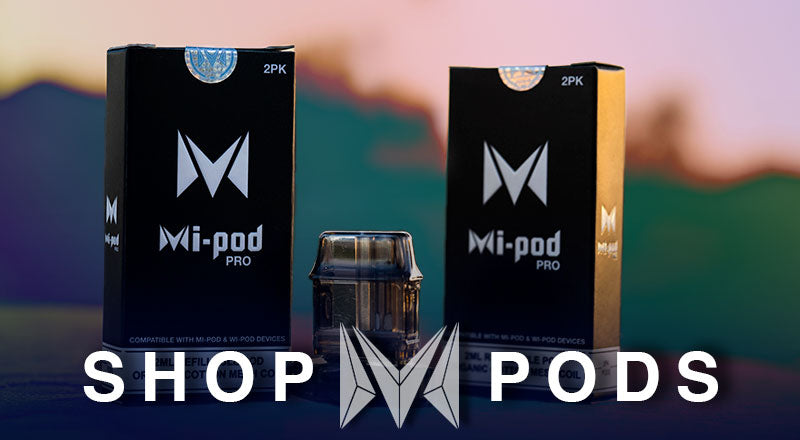
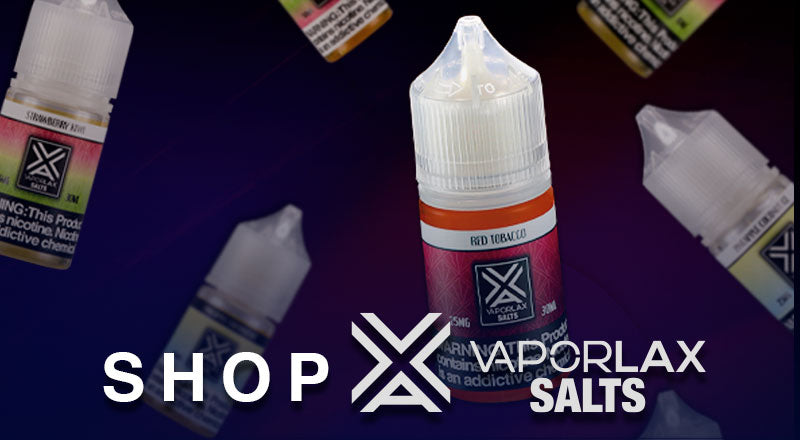
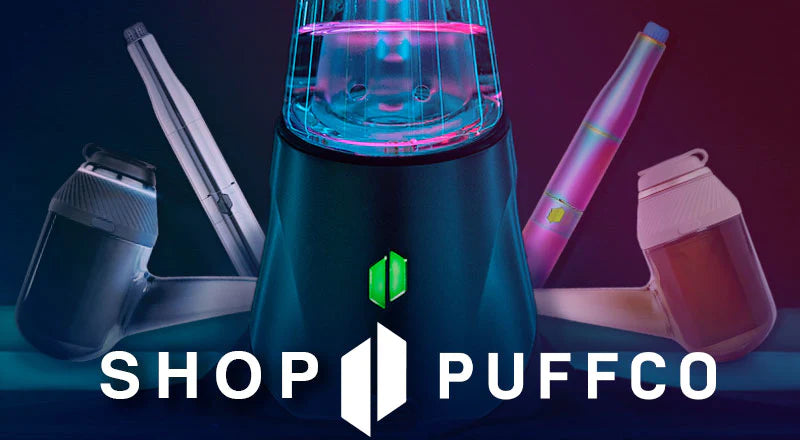
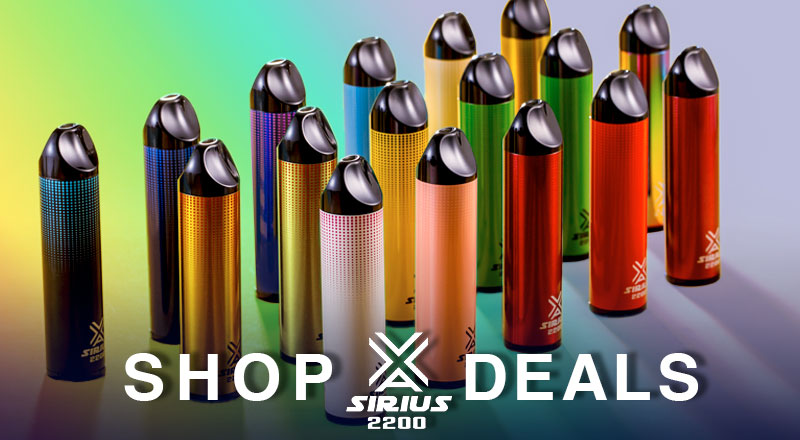
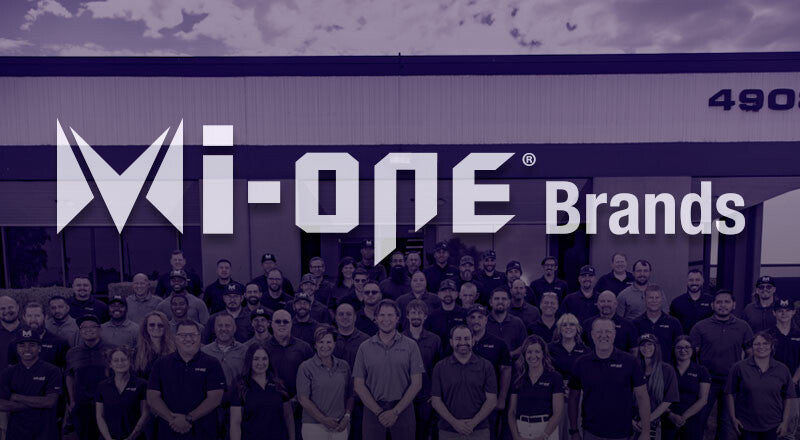
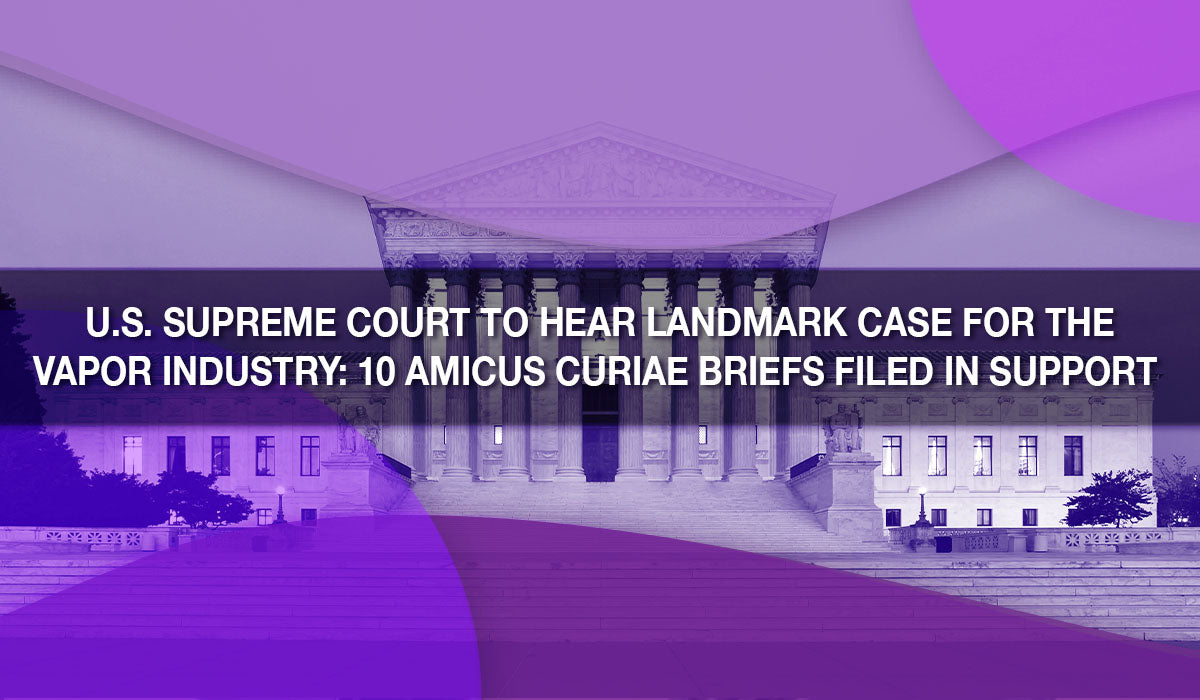
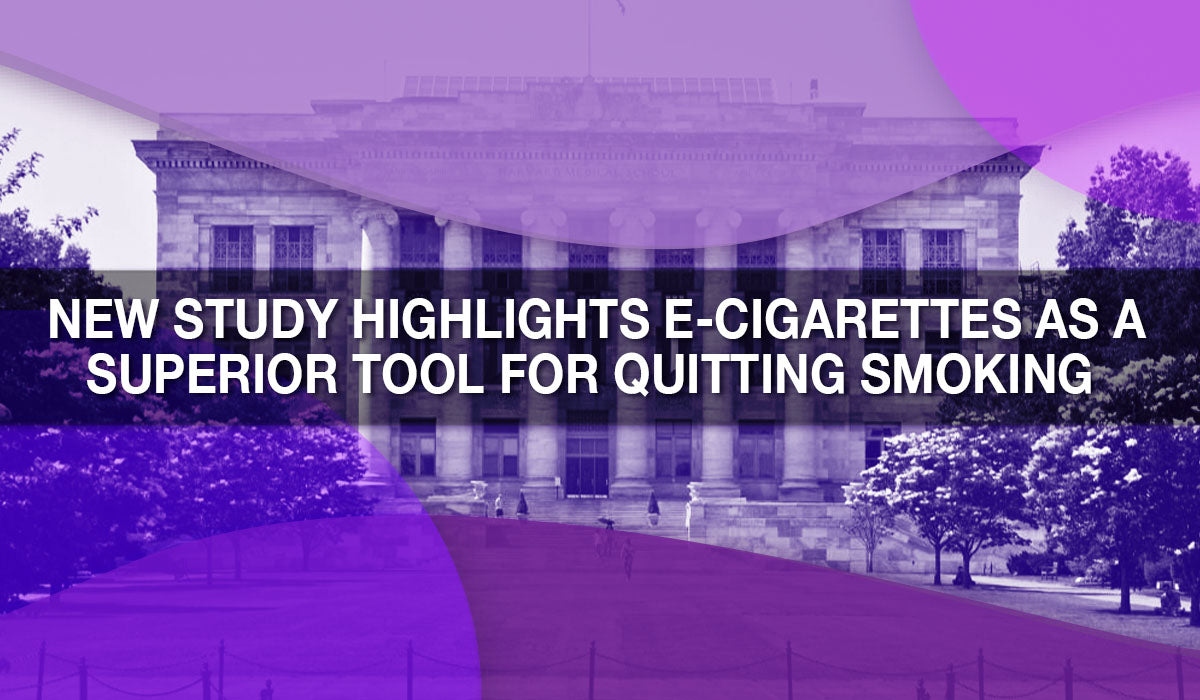
Leave a comment
This site is protected by hCaptcha and the hCaptcha Privacy Policy and Terms of Service apply.